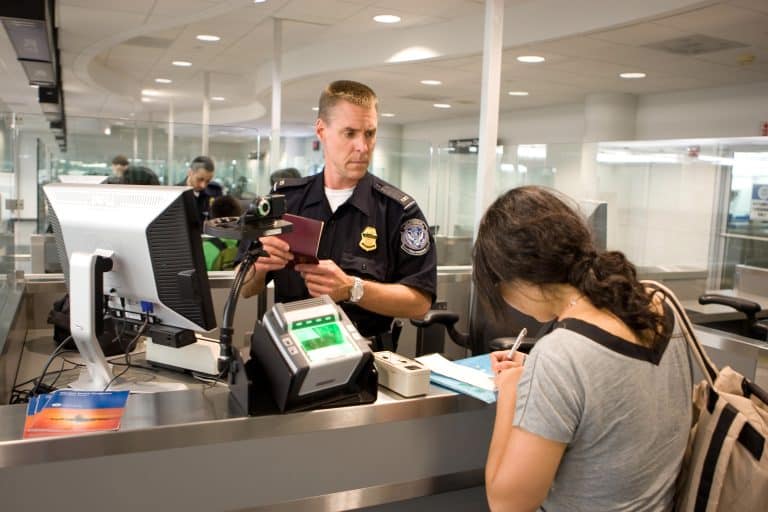30 de agosto 2024

Children of Exile: The Births “Sowing Hope” in the Camp of Nicaraguan Farmers

PUBLICIDAD 1M
PUBLICIDAD 4D
PUBLICIDAD 5D
Suspended in early August due to numerous suspicions of fraud, the program will continue to operate under “new and improved” protocols

HAVANA TIMES – After a four-week suspension, US authorities have reactivated the humanitarian parole program for Nicaraguans, Cubans, Haitians, and Venezuelans, announced the US Department of Homeland Security (DHS) on August 29.
The humanitarian parole program allows citizens from these countries to live and work legally in the United States for two years. To apply, interested individuals must have a sponsor who is either a resident or citizen of the United States, among other requirements. The temporary suspension of this regular migration mechanism occurred in early August, when Homeland Security reported numerous suspicions of fraud in sponsor applications.
“New and Improved” Protocols
“DHS has incorporated additional vetting of sponsors residing in the United States to strengthen the integrity of the processes,” officials stated.
When the temporary suspension of the humanitarian parole was announced, the findings of a report that analyzed 2.6 million applications were revealed. The report found many sponsor forms with false or incomplete Social Security numbers, addresses, and even phone numbers, some of which were used hundreds of times.
In response, the Fraud Detection and National Security Directorate of US Citizenship and Immigration Services (USCIS) and the National Targeting Center of Customs and Border Protection (CBP) “are partnering to implement new and improved vetting protocols,” DHS said today.
The enhanced investigative measures announced include increased scrutiny of financial records and criminal backgrounds of sponsors, as well as methods to identify the submission of multiple applications by a single sponsor.
The federal agency will also now require sponsors’ fingerprints and has strengthened background checks on potential beneficiaries.
Travel Permits (ATA) Issuance Resumes
With the reactivation of the program, the DHS also resumes issuing Advance Travel Authorizations (ATA) for beneficiaries to enter the United States and warned that it “will closely monitor how this new process functions in the future.”
The humanitarian parole program, which began in late 2022 exclusively for Venezuelan citizens and later expanded to include three other nationalities, has allowed nearly half a million migrants to enter the US, according to DHS data. Of these, around 90,000 are Nicaraguans.
The program, which has been the target of criticism and legal action by the US conservative opposition, is part of President Joe Biden’s administration’s measures to curb irregular migration at the southern border.
This measure, along with the asylum restrictions that the US government has implemented over the past two years, has helped reduce the number of people from these four countries being arrested at the Mexican border.
The decrease has been particularly notable in the detentions of people from Haiti, Cuba, and Nicaragua, according to CBP data.
With information from EFE.
PUBLICIDAD 3M
Confidencial es un diario digital nicaragüense, de formato multimedia, fundado por Carlos F. Chamorro en junio de 1996. Inició como un semanario impreso y hoy es un medio de referencia regional con información, análisis, entrevistas, perfiles, reportajes e investigaciones sobre Nicaragua, informando desde el exilio por la persecución política de la dictadura de Daniel Ortega y Rosario Murillo.
PUBLICIDAD 3D